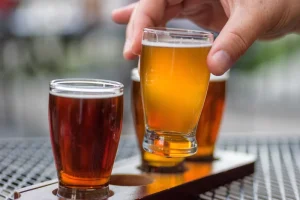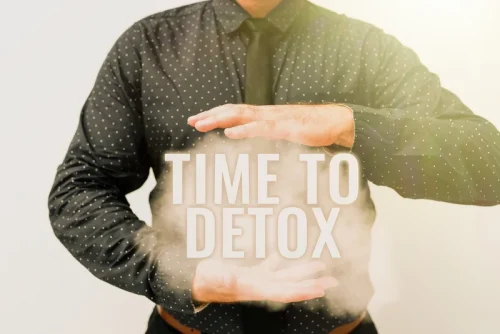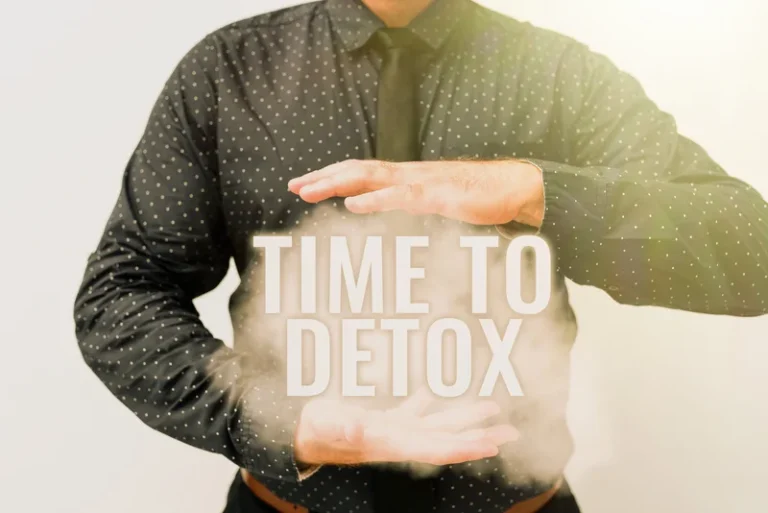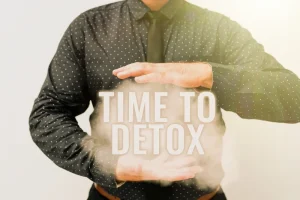
Users in recovery can ask themselves some questions to help them understand their internal thoughts and feelings. Mental relapse, or relapse justification, is the continuous fight between wanting to use and knowing you should not use. Individuals often underestimate the dangers of situations and fall into the trap of single-time use. They give themselves permission to use substances in a controlled way, but the frequency https://ecosoberhouse.com/ of use generally increases until they fully relapse. The HALT acronym helps those in recovery keep an eye on some of the most basic human needs that can lead to or intensify triggers if not fulfilled. Once you’ve identified your triggers, implementing strategies to manage them is key.

Situations That Trigger Relapses

They can also build up their coping skills to help them better handle difficult situations. Finally, they can reduce their risk of relapse by understanding their triggers and cravings and having a plan in place. Awareness of these risks and proactive communication with your treatment team and support network can help manage relapse triggers during major life changes. By developing adaptive coping skills and practicing self-care during transitions, you can continue on your path to recovery and avoid setbacks. By being aware of these environmental cues, individuals in recovery can actively avoid or minimize their impact.
The Benefits of Cognitive Behavioral Therapy in Recovery
Awareness of potential triggers and reaching out to your support system when needed can help overcome the challenges posed by reminders of past use. By staying vigilant and seeking help when necessary, you can continue your recovery journey and relapse triggers list avoid the pitfalls of relapse. Recognizing and addressing these common relapse triggers allows for proactive management, thus reducing the likelihood of reverting to substance use.
Emotional Relapse

Talk to a counselor, supportive friend or your sponsor to help remind you why you’ve chosen recovery. To keep emotions from causing a relapse, people in recovery need to learn coping skills to avoid triggers that can be discovered through therapy. Some people experience a whirlwind of emotions when seeing old friends and loved ones, which can trigger the desire to have a drink. Other people may become so stressed out by the push to perform at school or work that they are tempted by the feelings produced by stimulants. Expecting triggers and planning to cope with them effectively is the best way to defend against addiction relapse.
Still, having a relapse prevention plan and recognizing your personal relapse triggers can drastically lower your chances of relapsing. If you still get caught up in a relapse even after doing all you can to avoid the triggers, don’t be discouraged. Recovery is always possible even after a relapse, especially if you act right away to get your sobriety back on track. In fact, positive changes are one of the most powerful relapse triggers there is. Your support system is one of the most important influences in your addiction recovery.
Times of Celebration
- Self-efficacy, which refers to an individual’s belief in their ability to succeed, plays a crucial role in navigating high-risk situations during recovery.
- It’s important to develop a healthy level of self-confidence, but humility is necessary too.
- If you’ve been physically isolated for a while, aim to get outside to a place where you can safely be in the company of others, such as a public park.
- A person can find alternative routes to avoid high-risk places, such as places where they used to meet their dealers or bars where they used to binge drink.
In fact, learning how Substance abuse to face your emotions without escaping into addiction is invaluable. When you’re reminded of your addiction, it’s important to have effective ways of handling your feelings. For instance, if you’re an alcoholic and a group of drinking buddies ask you to go out, or you see people from work going to happy hour, it might help to have a specific response ready. The earlier people in recovery can identify and successfully respond to triggers, the greater their chances of prolonged abstinence. Physical relapses are one of the most challenging stages of relapse to overcome. In many cases, users cave to drug use during a window of opportunity and falsely believe it will cause no harm.
The Top Eight Relapse Triggers—And How to Manage Them
- Coping methods learned in therapy and through recovery work help people remain grounded while processing these feelings in a more positive way.
- Having confidence is important, but becoming overconfident may prompt you to feel like you don’t need a relapse prevention plan.
- Recognize that these friendships are harmful to you and be sure to cut the friendship off completely; a half-way ending to a bad friendship will be much less likely to succeed.
- Understanding how these triggers affect you is vital to avoid potential relapse.
- If you do get caught off guard and slip-up, it does not mean that you are a failure and doomed to drug addiction forever.
You can choose to simply avoid these places if possible, but if it’s not, preparing yourself is key to helping manage your trigger response. Be aware that the response you will have is a trigger, and think of other ways to bring your mind back to the present. You may ask a friend to accompany you to help talk through what you’re feeling and bring your attention elsewhere, or you might call your sponsor or counselor. Being hungry can make us fatigued and moody, contributing to irrational behaviours or outbursts. This state loosens your grip on recovery, making it easier for relapse to occur.
But, recovery is not just about «quitting» and «abstaining» as much as it’s about building a new life in which it is easier—and more desirable—not to use. This episode of The Verywell Mind Podcast, featuring addiction specialist Erica Spiegelman, shares the skills that help in recovery. John C. Umhau, MD, MPH, CPE is board-certified in addiction medicine and preventative medicine. For over 20 years Dr. Umhau was a senior clinical investigator at the National Institute on Alcohol Abuse and Alcoholism of the National Institutes of Health (NIH).
Both chronic and acute stress increase the risk of drug addiction and may be the most common triggers for relapse. Stress is a part of daily life for most people, whether it is being late to work in the morning or a period of tension in a relationship with a loved one. Health problems, increased responsibility and other events can result in stress that triggers drug or alcohol cravings. We publish material that is researched, cited, edited and reviewed by licensed medical professionals. The information we provide is not intended to be a substitute for professional medical advice, diagnosis or treatment. It should not be used in place of the advice of your physician or other qualified healthcare providers.
- Additionally, setting boundaries in relationships can help protect against overwhelming emotions that could lead to a relapse.
- A lack of daily structure may lead to boredom, idleness, or a sense of aimlessness, increasing vulnerability to old habits.
- Recognizing and managing high-risk situations is essential in preventing relapse.
- To effectively manage high-risk situations, it is essential for those in recovery to develop a relapse prevention plan.
- You might be surprised how quickly your resolve and good intentions disappear once the party’s started.
Mental Health Issues
Ask your sponsor or counselor to assist you with thinking outside what may be obvious so you aren’t caught off guard by sights, smells and emotions. While a new promotion at work may be cause for a celebration, it can create triggers that cause temptation. Depression, anxiety and other mental illnesses can contribute to a drug or alcohol relapse.






